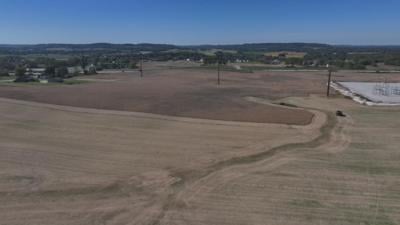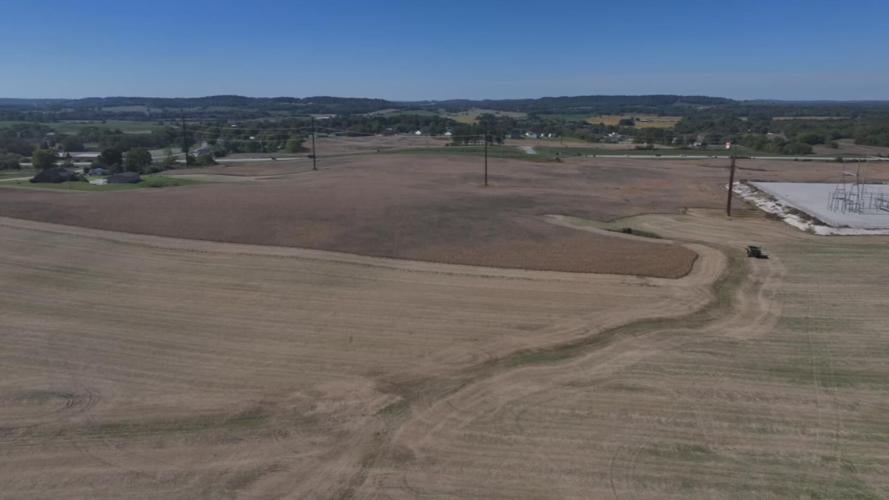LOUISVILLE, Ky. (WDRB) — Data centers are the lifeblood of the digital world. Every time we scroll on our phones, stream on our laptops or send files from our tablets, massive amounts of information have to be stored somewhere.
The rise of artificial intelligence is accelerating that need — driving demand for more data centers across the country. But in Kentucky, as seen recently in Oldham and Meade counties, not everyone is eager to welcome them.
That’s the challenge researchers at the University of Louisville are hoping to help solve.
Ted Smith, director of UofL’s Center for Healthy Air, Water and Soil, said the university’s Speed School of Engineering and School of Medicine are partnering on a project to identify where data centers could best be built across the commonwealth.
“So think of it as a mapping exercise,” Smith said. “We’re really trying to solve for where there’s power distribution, where there’s water, and where people are far enough away that you’d be less likely to have a lot of these issues.”
UofL has submitted a federal grant proposal to fund the research, which Smith said would be the first comprehensive study of its kind in the state.
“This is the first time in my career that we’re having this conversation at the front end,” he said. “That’s a major success factor. We’re not here to say we’ll get rid of all data centers — we recognize it’s an economic force.”
Still, opposition has grown in several Kentucky counties. Just last week, Meade County residents voiced concerns about how a proposed project would benefit the community.
“What am I going to get out of it?” one Meade county resident asked at a recent public meeting. “How’s it going to help Meade County? I don’t see anything. So why do it?”
Two of the biggest challenges for data centers are water and power.
For example, when the Camp Ground Road data center in Shively becomes fully operational, it’s expected to consume about one-third of the power currently used across all of Jefferson County.
Many states are now exploring new energy options to meet the demand — including small-scale nuclear power.
“You have states dusting off their nuclear regulations to make nuclear power a reality,” Smith said. “This isn’t the nuclear power of Three Mile Island. Mini nukes are sort of the new language — so these data centers could have their own power plant right next door.”
Water usage is another concern.
“It’s the servers that are storing all our data,” said Mohana Gupta, a second-year electrical engineering Ph.D. student at UofL. “They do a lot of work, and they require a lot of water for cooling down. They get overheated, and that’s how the process goes.”
Gupta is working on optimizing data center design — exploring ways to make them more efficient and less reliant on cooling systems that consume large amounts of water.
“The main concern is removing a data center from a place where people actually live,” she said. “But the further away it is from the users, the longer it takes for the data to reach them.”
Starting next week, Louisville Metro will hold meetings to discuss how and where data centers will be zoned.
UofL’s federal grant proposal was submitted in August. The team expects to hear back once the federal government reopens following the temporary shutdown.
Related Stories:
Meade County court upholds recommendation not to rezone 138-acre site for proposed data center
Neighbors push back against proposed AI data center in Meade County
META addresses community concerns over southern Indiana data center
Louisville data center plan advances after unanimous vote
LG&E customers could see higher bills under proposed rate hike
Louisville energy plan sparks controversy over rate increase, coal unit extension
Kentucky site chosen for federal AI infrastructure project
Controversial Oldham County data center project dropped after backlash
Copyright 2025 WDRB Media. All Rights Reserved.














